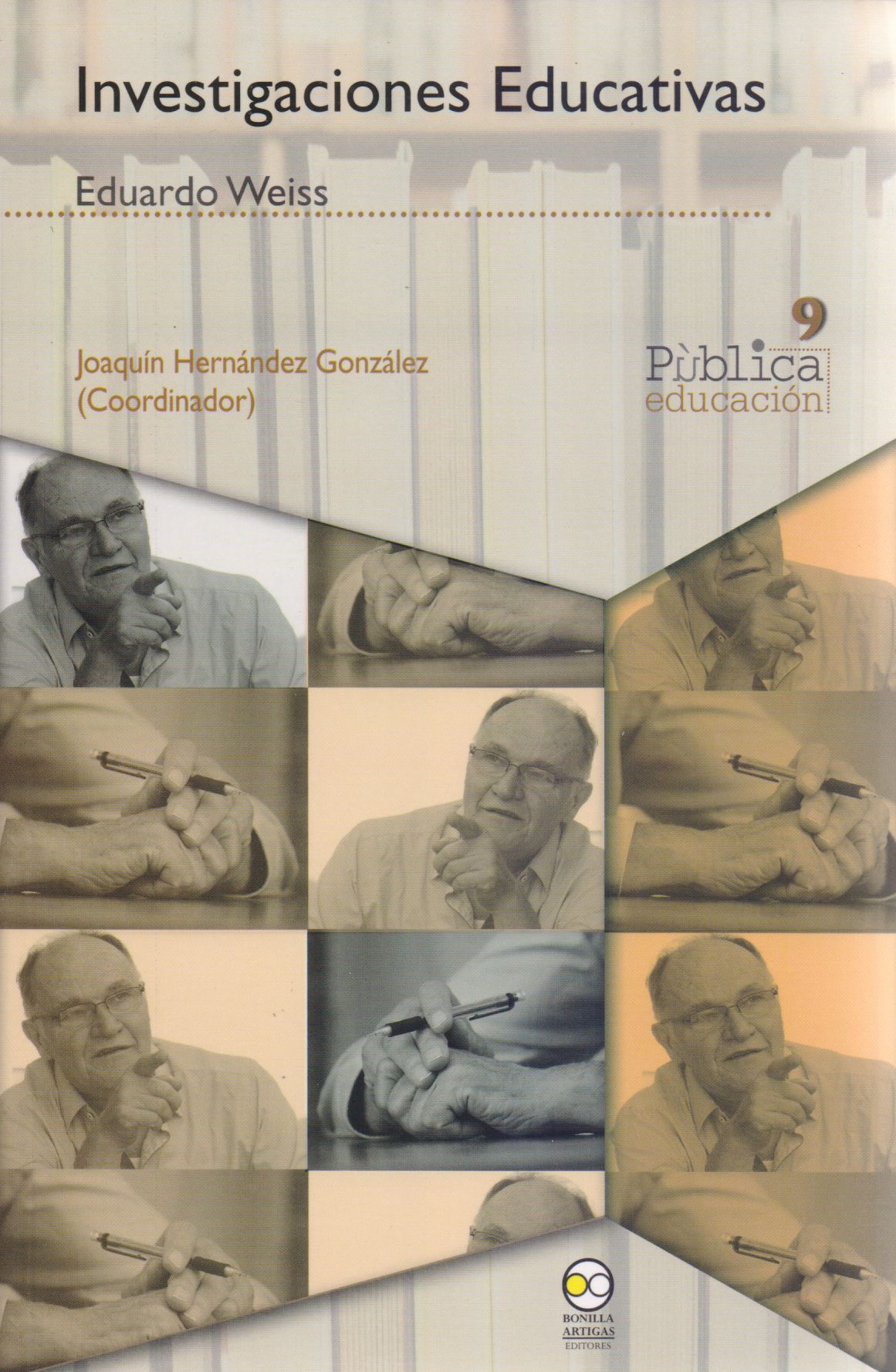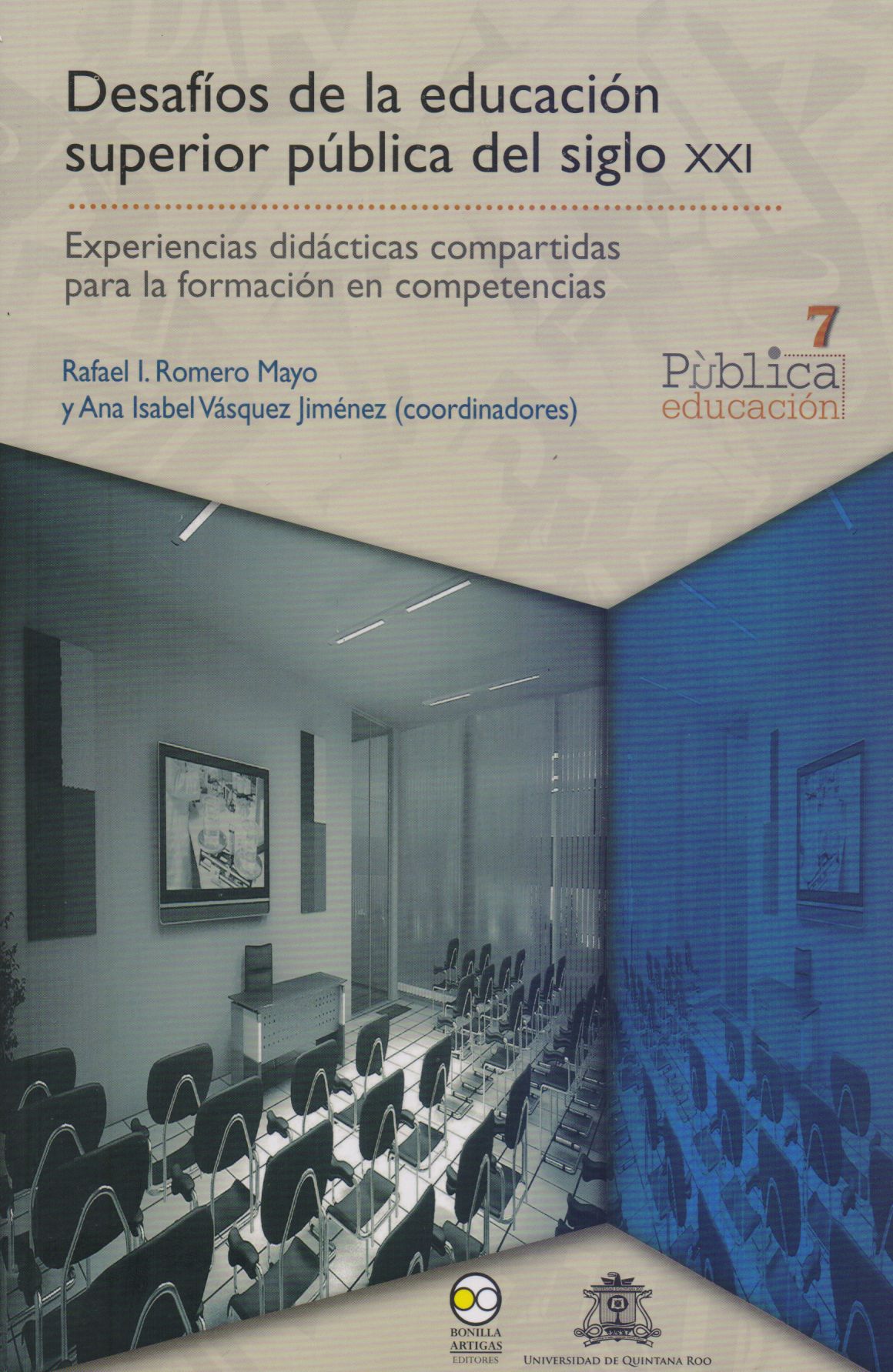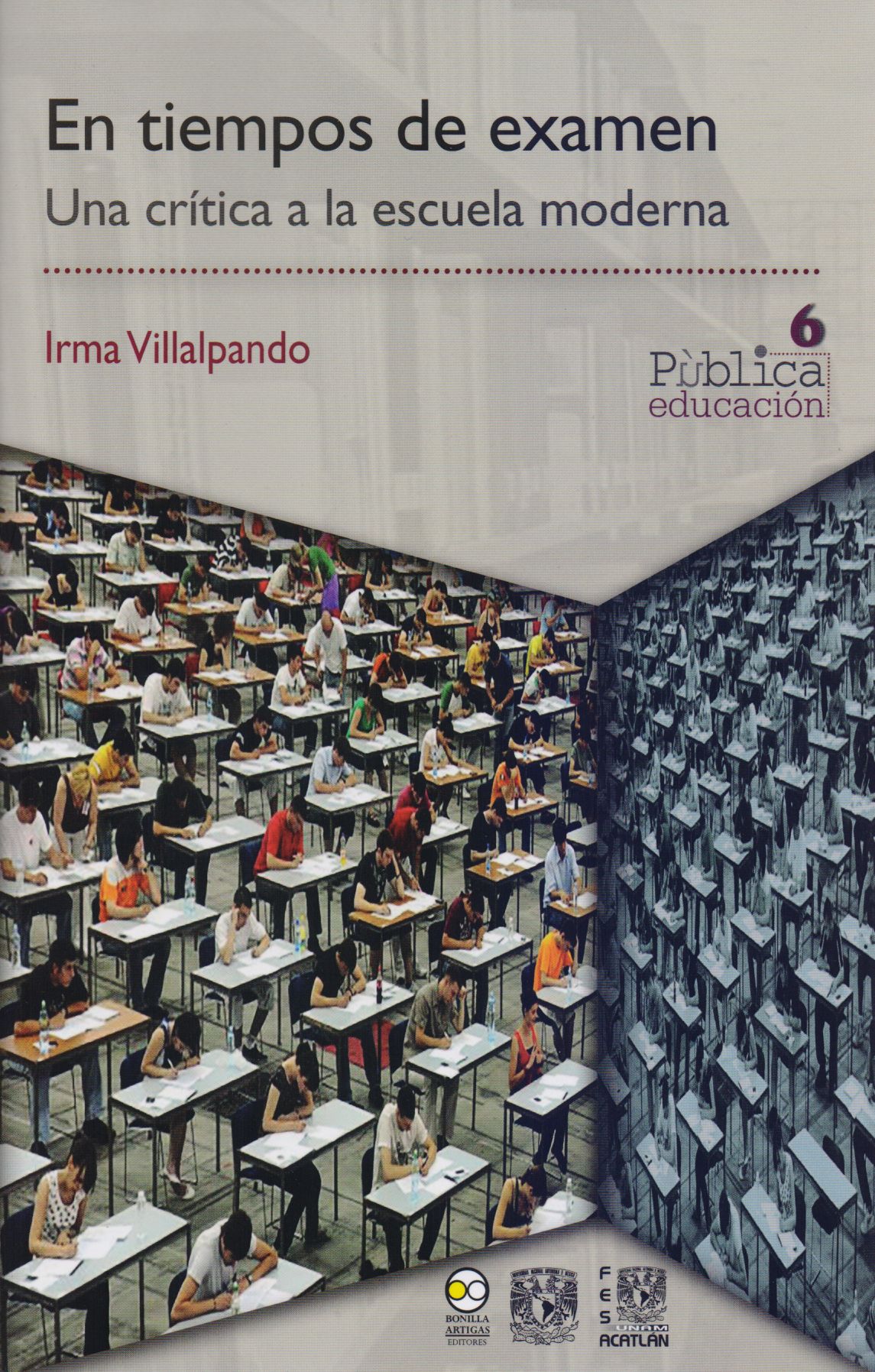Libros relacionados
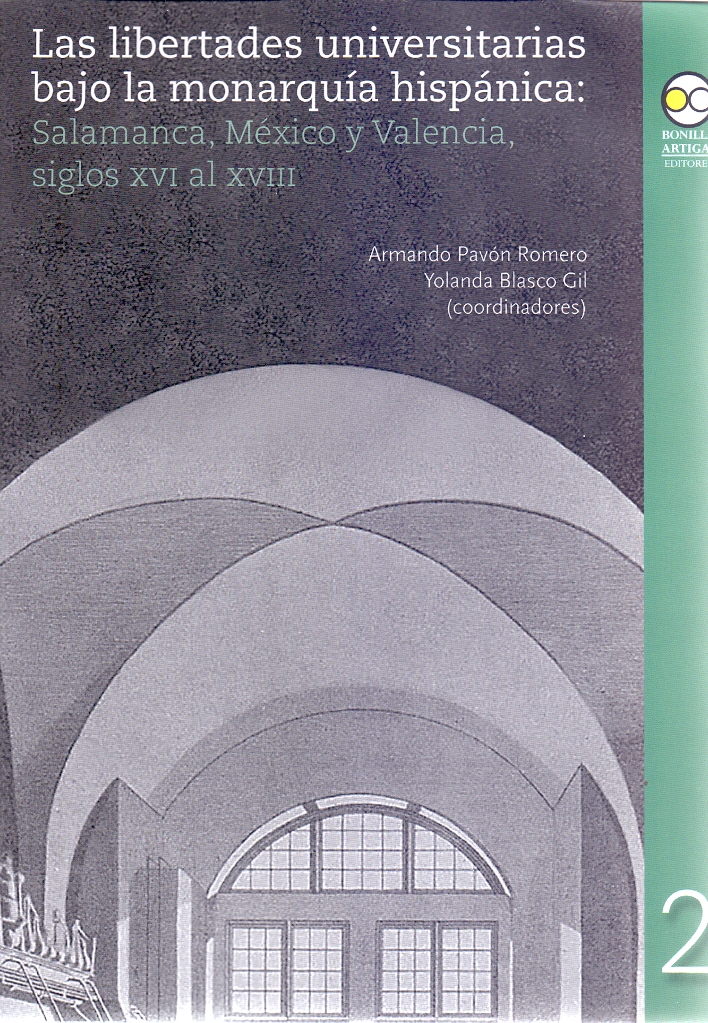 |
Libertades Universitarias Bajo la Monarquía Hispánica, Las: Salamanca, México Y Pavón Romero, Armando; Blasco Gil, Yolanda Bonilla Artigas Editores |
 |
El Currículo y el Desarrollo del Pensamiento Crítico. El Seminario de Formación Viniegra Velázquez, Leonardo Bonilla Artigas Editores |
 |
Gobernanza de la Educación Media Superior: Propuestas de Intervención Hernández Alcántara, Carlos ; Alvarado Rodríguez, María Euge Bonilla Artigas Editores |
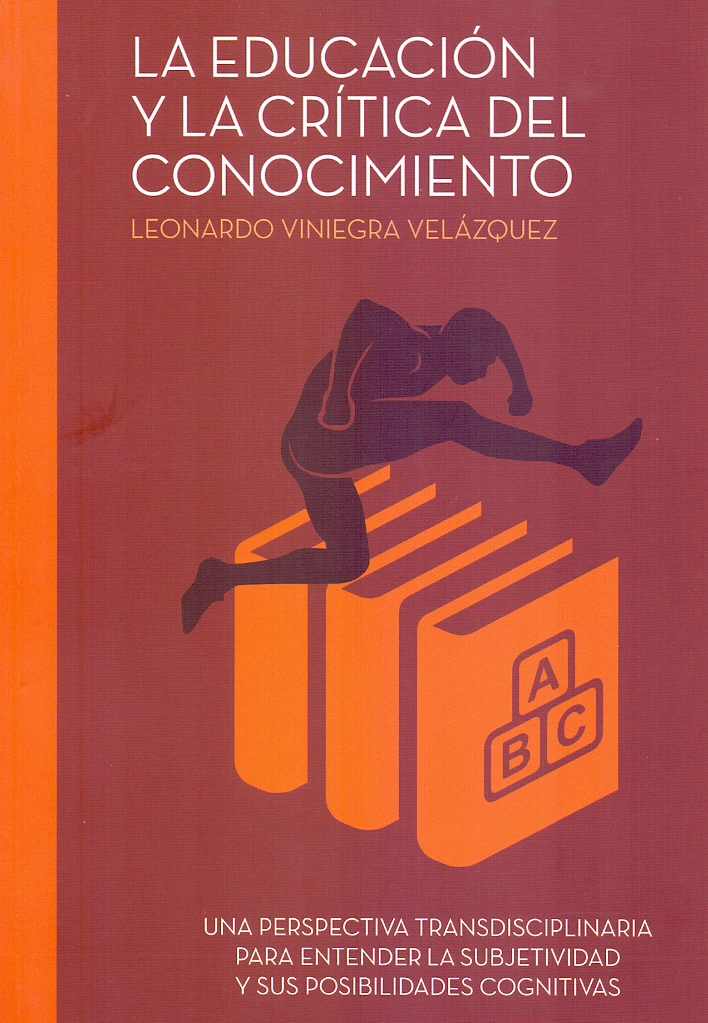 |
Educación y la Crítica del Conocimiento, La Viniegra Vélazquez, Leonardo Hospital Infantiil de México-Federico Gómez |
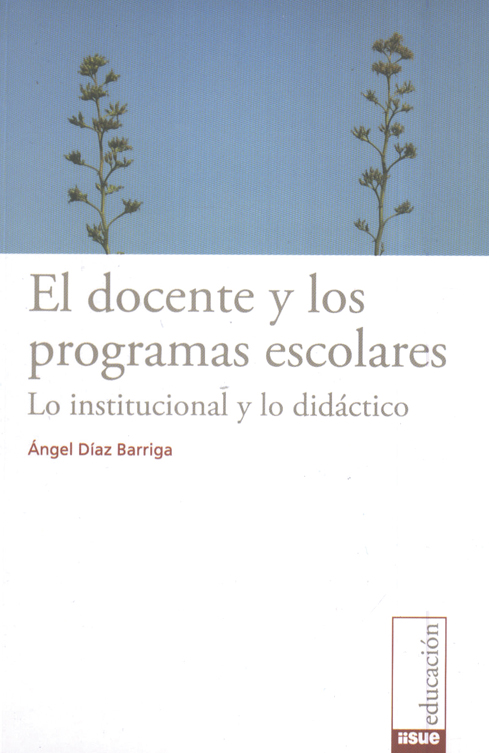 |
Docente y los Programas Escolares, El: Lo Institucional y Lo Didáctico Díaz Barriga, Ángel Bonilla Artigas Editores |
 |
Capacidad Crítica del Estudiante Universitario. La Importancia de la Formación E Glazman Nowalski, Raquel Bonilla Artigas Editores |
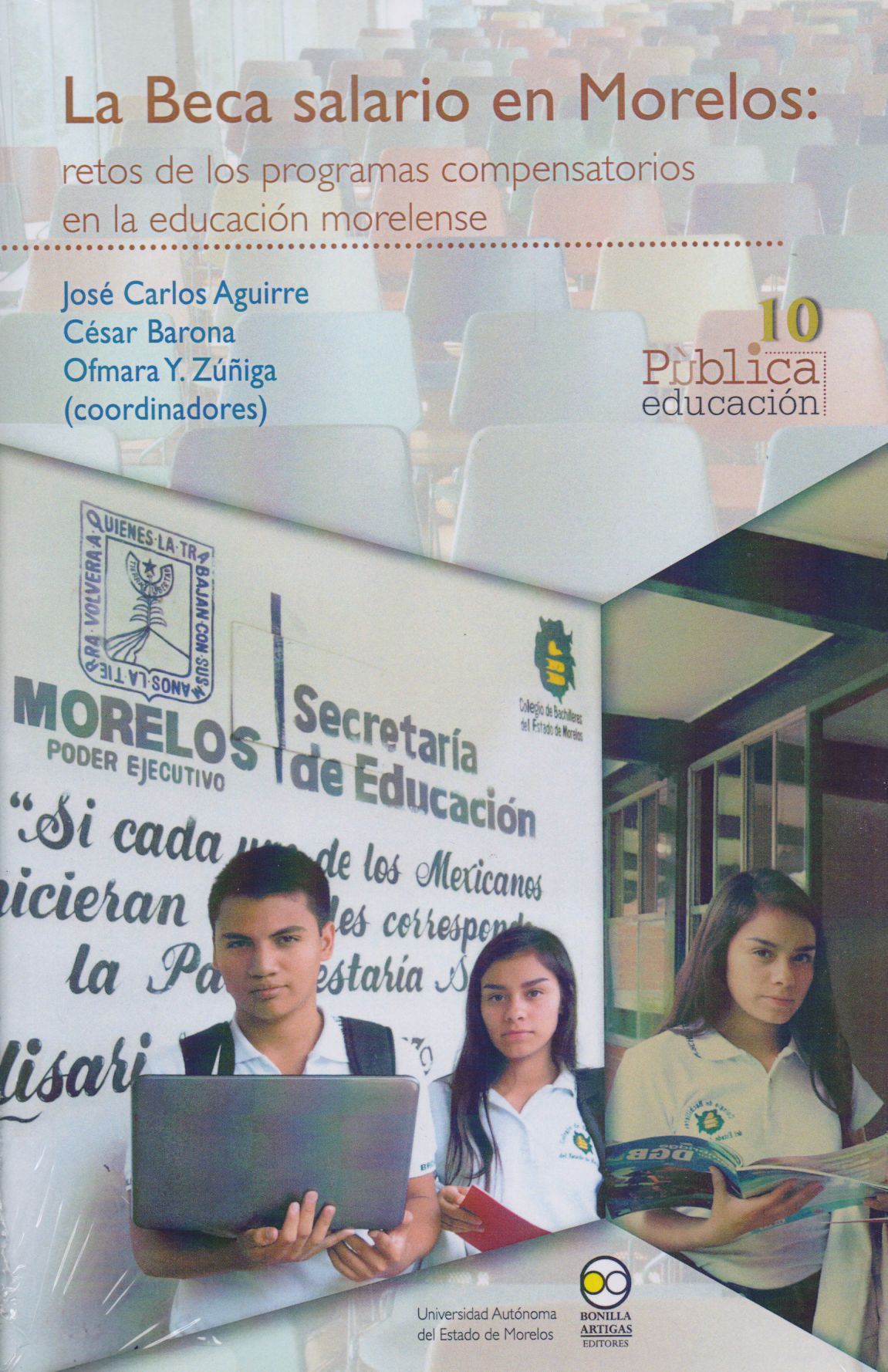 |
Beca Salario en Morelos, La: Retos de los Programas Compensatorios en la Educaci Carlos Aguirre, José Bonilla Artigas Editores |
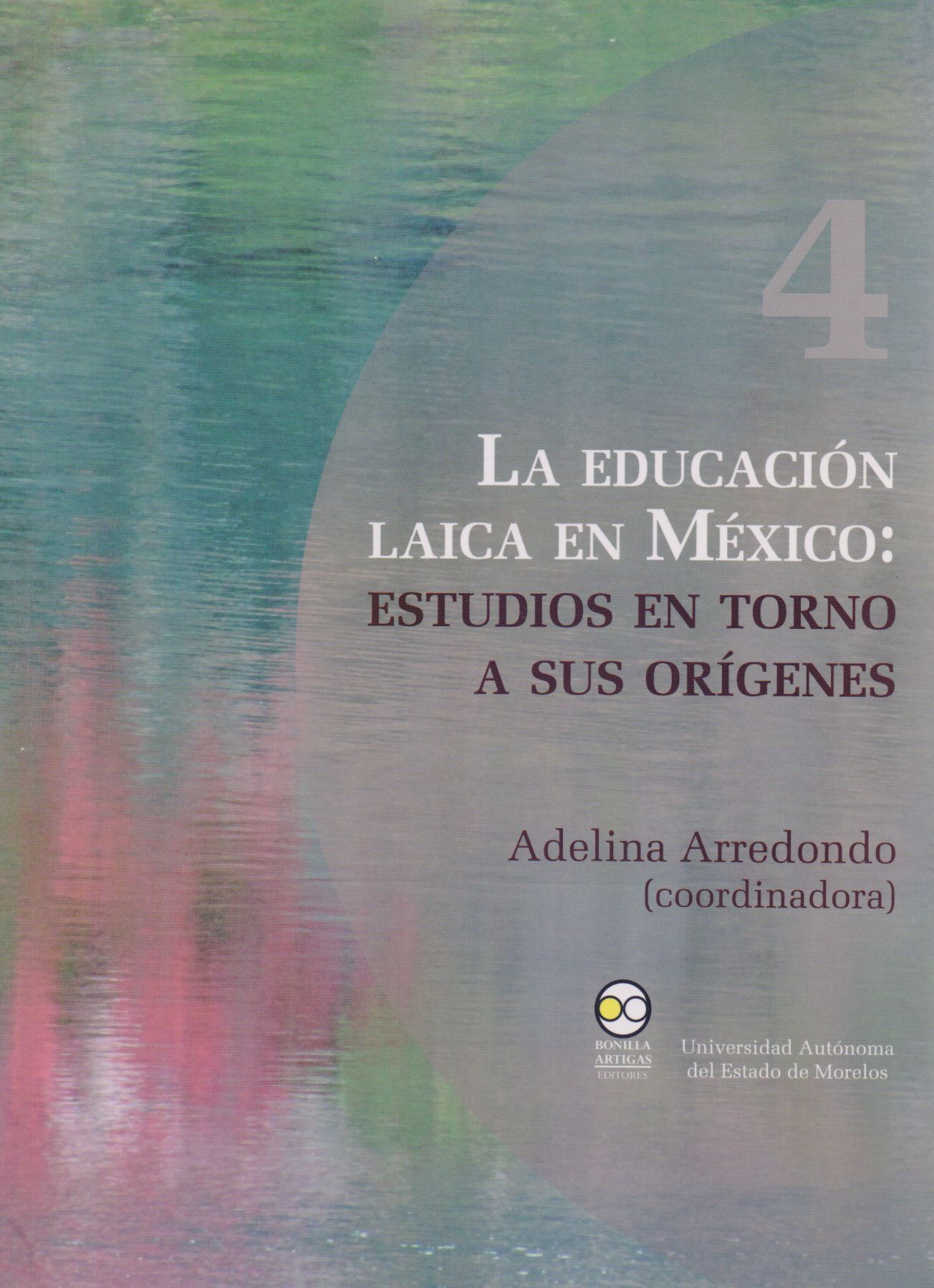 |
Educación Laica en México, La: Estudios en Torno a Sus Orígenes Arredondo, Adelina (Coordinadora) Bonilla Artigas Editores |


|
Título: Queer Inclusion In Teachers Education | |
| Autor: Murray Olivia J. | Precio: $720.00 | |
| Editorial: Routledge | Año: 2014 | |
| Tema: Educación, Maestros, Escuela | Edición: 1ª | |
| Sinopsis | ISBN: 9780415711869 | |
| Queer Inclusion in Teacher Education explores the challenges and promises of building queer inclusive pedagogy and curriculum into teacher education. Weaving together theory, research findings, and practical "how-to" strategies and materials, it fills an important gap by offering a clear roadmap and resources for influencing the knowledge, beliefs, and actions of faculty working with pre-service teachers. While the book has implications for policy change, most immediately, readers will feel empowered with ideas for faculty development they can implement in their own teacher education programs. Looking at both the politics and practices of teacher education and the ways in which queer issues manifest in schools, it is hopeful in suggesting that if teachers and pre-service teachers can critically reflect on homophobia and heteronormativity, they can begin to think about and relate to queer youth in a different, more positive and inclusive way. A Companion Website [http://queerinclusion.com] with additional activities and materials for teacher educators and faculty development and a practical guide enhances the usefulness of the book. | ||
Librería Bonilla SA de CV © Todos los derechos reservados. 2019
Última actualización: Jul 2019



